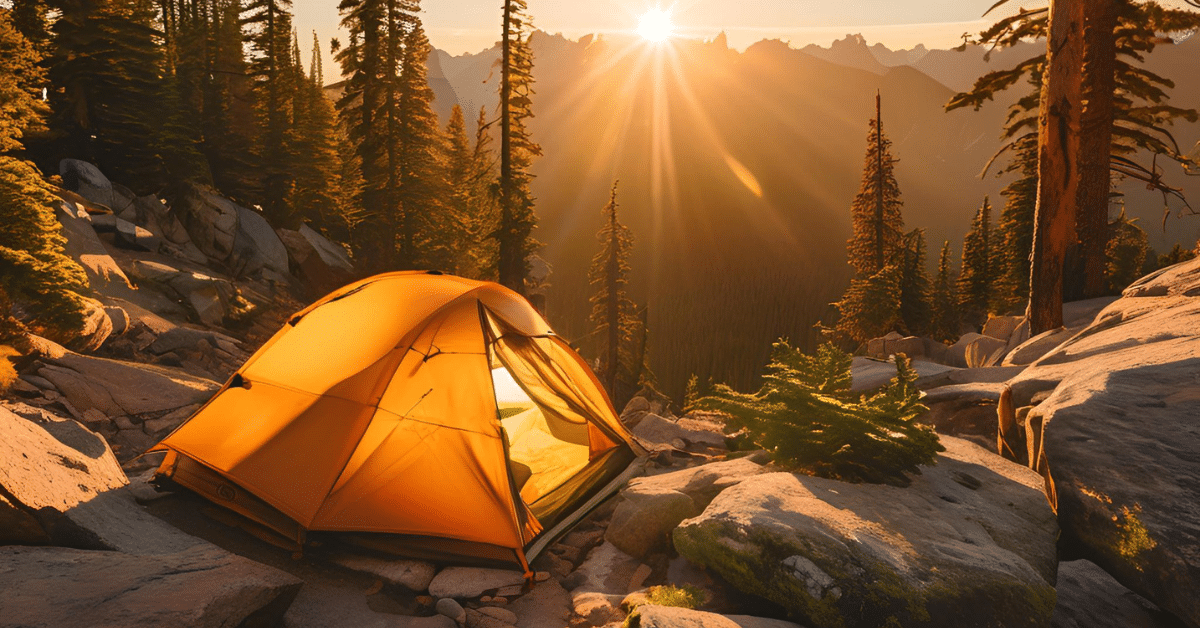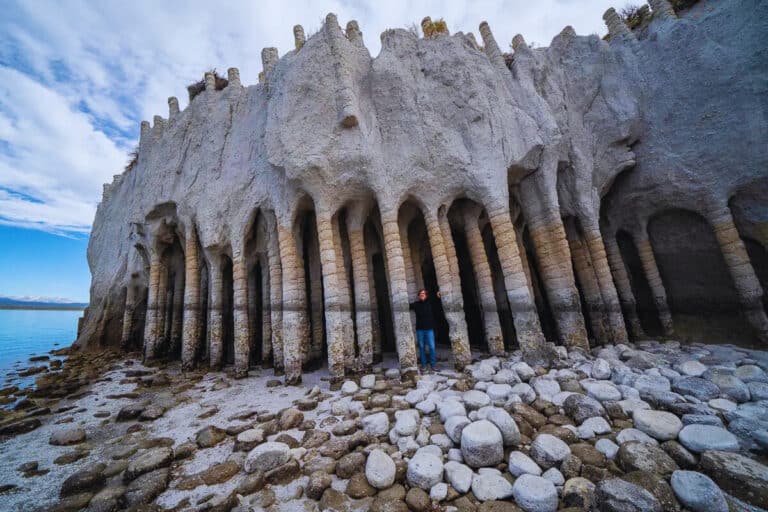Best Hiking Tents: Lightweight and Durable Shelters for the Trail

Choosing the right hiking tent is crucial for a comfortable and successful outdoor adventure. Whether you’re embarking on a solo trek, a couple’s getaway, or a family camping trip, this guide highlights the best hiking tents to suit various needs and conditions.
Lightweight Tents for Solo Hikers
- Big Agnes Copper Spur HV UL1
- Weight: 2.2 lbs (1 kg).
- Why It’s Great: Ultra-lightweight, easy setup, and excellent weather resistance.
- Ideal For: Thru-hikers or minimalist adventurers.
- Nemo Hornet 1P
- Weight: 2 lbs (0.9 kg).
- Why It’s Great: Packs small and offers surprising interior space.
- Pro Tip: Use a footprint to extend the tent’s lifespan.
Best Tents for Two People
- MSR Hubba Hubba NX
- Weight: 3.5 lbs (1.6 kg).
- Why It’s Great: Spacious for two, easy to pitch, and handles varied weather conditions.
- Ideal For: Couples or hiking buddies.
- REI Co-op Half Dome SL 2+
- Weight: 3.8 lbs (1.7 kg).
- Why It’s Great: Budget-friendly with extra room for gear.
- Pro Tip: Opt for the “Plus” model if you need more space.
Family-Friendly Hiking Tents
- Kelty Discovery Basecamp 4
- Weight: 9 lbs (4.1 kg).
- Why It’s Great: Affordable, roomy, and durable for family trips.
- Ideal For: Car camping or shorter hikes with kids.
- Big Agnes Big House 4
- Weight: 11 lbs (5 kg).
- Why It’s Great: Tall ceilings and ample space for families or groups.
- Pro Tip: Add a gear loft for better organization.
All-Weather Tents
- Hilleberg Nallo 2
- Weight: 4.4 lbs (2 kg).
- Why It’s Great: Exceptional durability for extreme weather.
- Ideal For: High-altitude or winter expeditions.
- The North Face Mountain 25
- Weight: 9 lbs (4.1 kg).
- Why It’s Great: Designed for alpine conditions, withstanding heavy snow and winds.
- Pro Tip: Perfect for mountaineering or exposed trails.
Budget Options
- ALPS Mountaineering Lynx 1
- Weight: 4.2 lbs (1.9 kg).
- Why It’s Great: Affordable and reliable for casual hikers.
- Ideal For: Entry-level backpackers or weekend campers.
- Naturehike Cloud-Up 2
- Weight: 3.8 lbs (1.7 kg).
- Why It’s Great: Lightweight, durable, and won’t break the bank.
- Pro Tip: Check for the upgraded model with better waterproofing.
Key Features to Consider
- Weight:
- Lightweight tents are ideal for long treks or solo adventures.
- Heavier tents offer more comfort and durability but are better for short hikes or car camping.
- Seasonality:
- 3-season tents handle spring, summer, and fall conditions.
- 4-season tents are built for winter or extreme environments.
- Setup Ease:
- Look for color-coded poles and simple designs to save time and effort.
- Interior Space:
- Consider headroom, vestibule size, and gear storage options.
Pro Tips for Using Hiking Tents
- Test It First: Set up your tent at home before heading out to ensure you’re familiar with the process.
- Use a Footprint: Protect your tent’s floor from abrasions and extend its life.
- Ventilate: Prevent condensation by opening vents or doors slightly, even in cold weather.
- Pack Smart: Store poles separately to save space in your backpack.
Maintenance and Care
- Cleaning: Wipe down with a damp cloth after every trip; use mild soap for tougher stains.
- Storage: Store your tent loosely in a cool, dry place—avoid keeping it compressed in its stuff sack for long periods.
- Repairs: Carry a patch kit for quick fixes on the trail.
Choosing the Right Tent for Your Adventure
Investing in a quality hiking tent tailored to your needs ensures a comfortable and safe outdoor experience. Whether you prioritize weight, space, or weather resistance, there’s a perfect tent out there for you.
What’s your favorite hiking tent? Share your recommendations and experiences with us!





